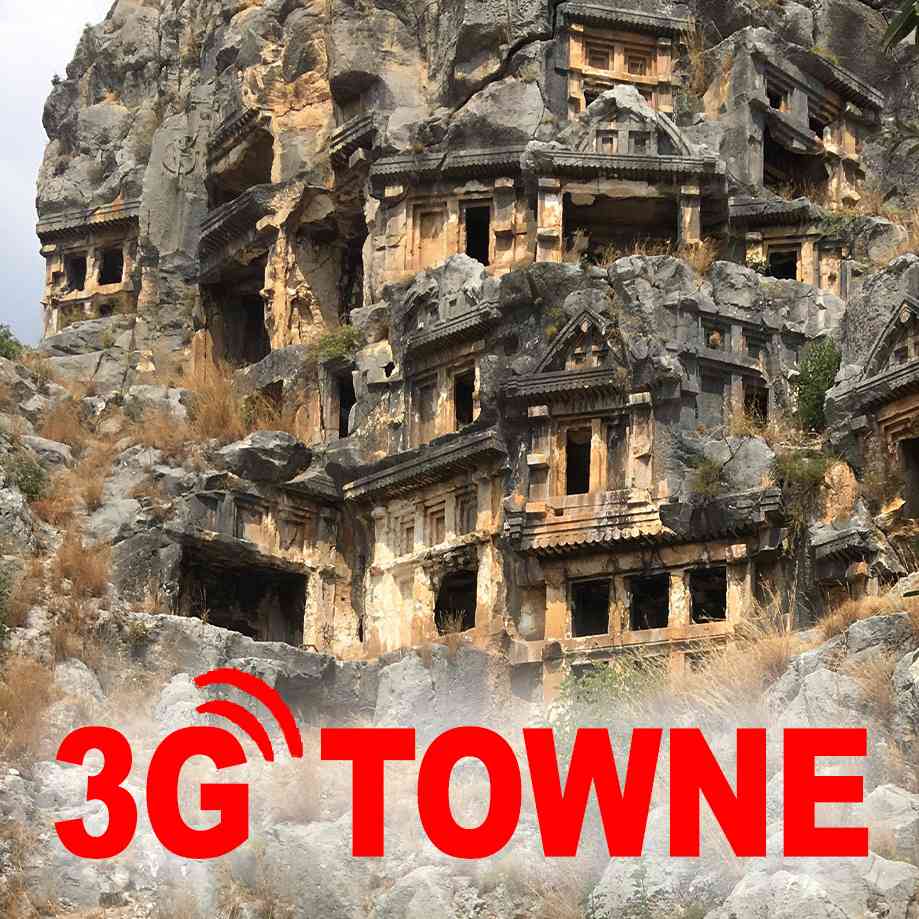An OLD TOWNE, in the primary sense, is a (typically old) portion of a city, usually dotted with historically significant cultural sites, that is forced to perform an idealized “authentic” version itself so that visitors can experience a slice of the “real” Barcelona/Prague/Stockholm etc. A manifestation of BAUDRILLARDIAN Disneyfied tourism spaces that work as cordoned-off sites for the circulation of frenzied selfie-taking influencers and mass-produced trinkets. Structurally analogous to Special Economic Zones (SEZ), such as in Shenzhen, where marked-up low-quality commodities (in the case of Shenzen, newly invented gadgets) are sold by GRIFTERS to an unwitting global tourist set who buy into the “authenticity” theater. While Old Townes are enjoyed by normies and NPCs seduced by authenticity theatre, they are often recognised, by those who know better, as POST-PEAK global monocultural spaces. According to Dan Keller, if you listen carefully you can hear ‘Despacito’ covered by a local accordion player in any given Old Towne worldwide.
When an industry (or celeb) emerges from a period of high investment/productivity/relevance and tapers off. Post-peak, an industry will start to eliminate non-profitable production. Peak-TV gave us “Prestige TV” shows like Mad Men and Game of Thrones as well as countless flops. Post-Peak TV sees less new programming and more longer-running properties. Some industries, such as cruise ships and OLD TOWNES may appear Post-Peak and lacking aesthetic and cultural significance, but remain massive industries nonetheless.
Carly Busta: Speaking for myself. I didn't love the town. I found it very much a mix — sorry for anyone who lives in Antalya. I really love Turkish culture. Like, it's not a diss on that. It's more like, it's kind of like LA meets, well, I’m not sure what — an old towne.
LIL INTERNET: There's parts that are like LA, parts that are like Barcelona, parts that are like Athens.
CB: Right. But I think Turkey is a particularly interesting place to talk about old townes, I mean, I guess Paris is too or whatever. But because it's, you know, for thousands of years been this cultural intersection. It's been an important part of a trade intersection. But they have this old towne. And the old towne basically functions the same way that, in Berlin, an Oktoberfest or Weihnachtsmarkt (Christmas market) would function where it's just this holding pen for tourists, and the rest of the city just operates around it.
CB: You know, the influencer culture, like the influencer culture in old townes and I just think: are they coevol? They're both post-peak in my opinion, especially in the time of Corona. But just, what is that as an institution? The one thing it does, is it very effectively cordons off this tourist culture. I mean, whatever, we're tourists as well and allows them to go about their day. It allows them to have higher prices in this area, of course, but what really is its function anymore? When are people going to stop believing it? I can't imagine anyone in the New Models network thinking an old towne was attractive or intriguing or there was anything there for them, other than maybe the convenience of a concentration of hotels and taxis.
Dan Keller: Any old towne in the world you mean?
CB: Any old towne in the world, yes. But it was specifically apparent in Antalya because it is so much like Athens on one side of the city and LA on the other side of the city, and then there's this Disney World in the middle. Every city now has Disney World, right? Every city does. And it's all the same container ships, it's the same factories from China that are delivering all this, except for it has whatever the local, like Hadrian's Gate, in the case of Antalya, on the T shirt, and they had of course Byzantine wood carvings which are not that they're very much just made in China and they look old. But who, as you would say, is tuned into culture, who pays attention, you know, like, if you can read meme culture, like you can in a blink of an eye completely, like, mark-up [critically read] old towne culture.
